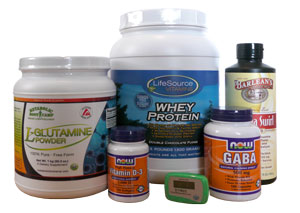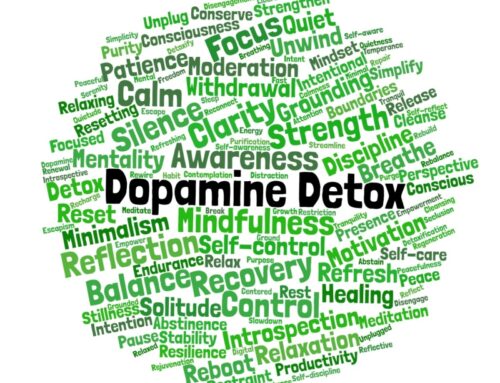 We are counting down the top 10 supplements on the market and what they can do for you. Here are numbers 10-6:
We are counting down the top 10 supplements on the market and what they can do for you. Here are numbers 10-6:
10. NAC
N-acetyl cysteine is a mucinogen (breaks up mucus) and has great uses for helping to improve bronchitis, sinus infections, COPD, and pneumonia. Often NAC is used in hospitals to treat acetaminophen overdoses, ALS, and liver toxicity.
9. Multi-Vitamin
A good multi-vitamin can be a great daily foundation for a person’s health. Make sure your multi-vitamin contains a complete B-vitamin, dissolves in vinegar in less than 7 minutes, does not use calcium carbonate as its calcium source, is not made synthetically but is made from whole foods, and is reasonably priced.
8. L-Tyrosine
An amino acid found in dairy, meat, eggs, nuts, beans, and oats. L-tyrosine is a precursor to the production of thyroid hormones, dopamine, and adrenaline. It’s not a stimulant, but does work well as a treatment for weight loss (appetite suppressant), ADD, mental fatigue, depression, and PMS. Do not take within four hours of sleeping.
7. GABA
Gama Amino Butyric Acid is a neurotransmitter produced and used in the brain. It acts as an inhibitory to the central nervous system, thus has a calming effect on the brain. Used to treat anxiety and induce healthy sleep patterns.
6. Vitamin D3
Vitamin D3 (cholecalciferol) is the only version of Vitamin D that is readily absorbable as a supplement. Your body can make vitamin D when exposed to sunlight. You can ingest Vitamin D when you eat/drink milk, fish, fish oils, and egg yolks. Vitamin D deficiency is widely common and can cause many biological problems including a decrease in bone density (Rickets), cardiovascular disease, cognitive impairment, severe asthma in children, and cancer. Vitamin D may help conditions such as diabetes (types I and II), hypertension, glucose intolerance, and multiple sclerosis.
Vitamin D deficiency can be created by limited sun exposure and overuse of suntan lotions, reduction in dietary Vitamin D intake, dark skin, living in the North, age related kidney dysfunction, digestive disorders, and obesity. Most common months for Vitamin D deficiencies are October-April and August.
Stay tuned in to our blog for numbers 5-1 of our Top 10 Supplements!
Free “Top 10 Supplements” Class
Join us October 29th at 6:00pm at the Core Chiropractic & Wellness office in downtown Roanoke, Virginia for even more information about the “Top 10” including what are appropriate doses, what supplements are more effective when combined, and the five worst supplements on the market. Registration is required, but as always, the class is free. Call us at 540.344.1055 or email us to register.
Dr. Daryl Rich, DC, CSCS






